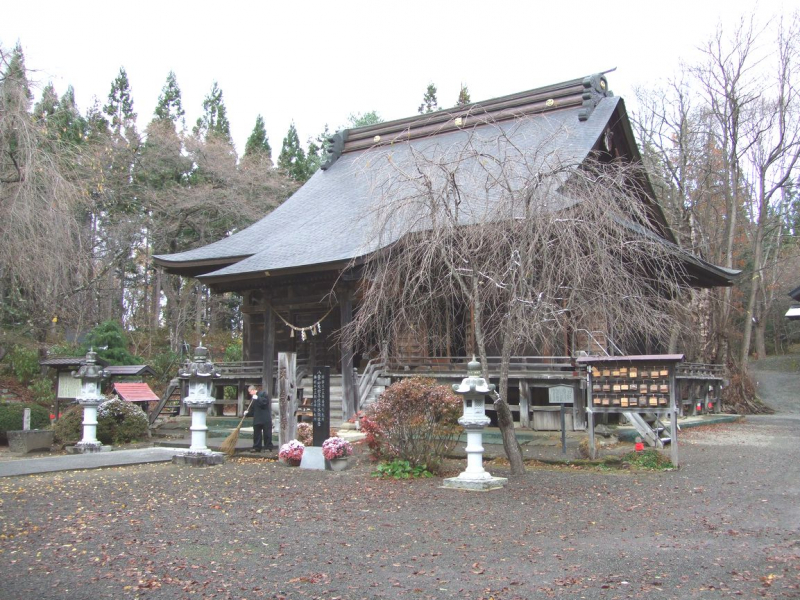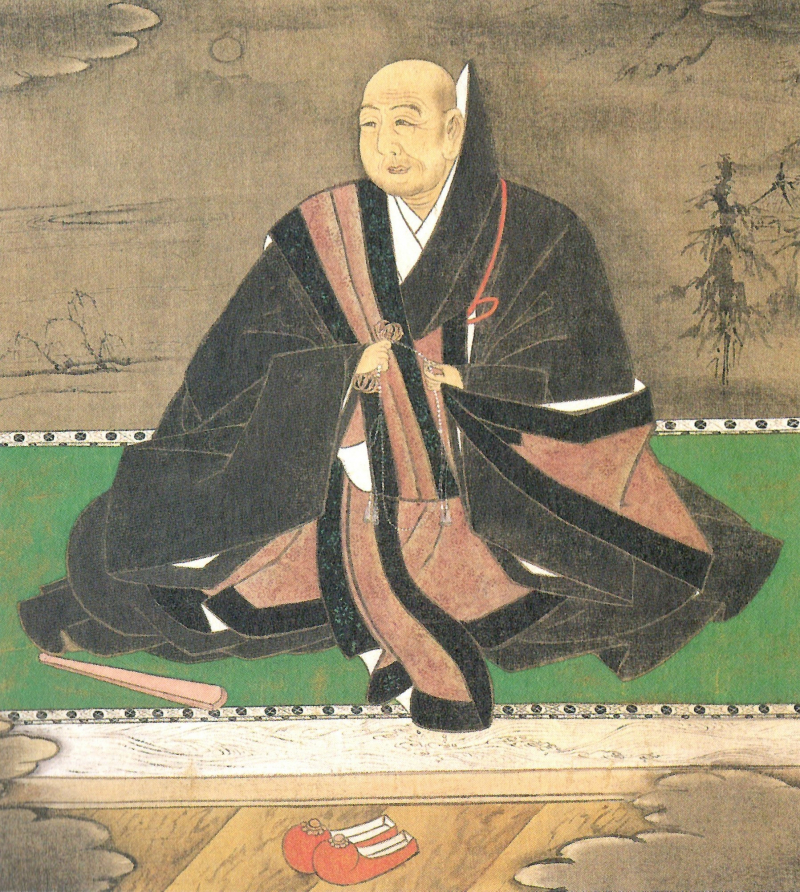Tiantai
Tiantai, alternatively known as Tendai in Japan, holds a prominent position among the primary schools of Mahayana Buddhism, with its origins dating back to the 6th century in China. The distinguished Chinese monk Zhiyi (538-597 CE) played a pivotal role in its foundation, and the school was aptly named after the Tiantai Mountain in China, where Zhiyi established his illustrious monastery.
Zhiyi's renown stems from his systematic classification of Buddhist teachings into five periods and eight instructions. He endeavored to reconcile and harmonize diverse Buddhist scriptures and education, emphasizing their ultimate convergence towards a unified truth.
Tiantai Buddhism places significant emphasis on the artful presentation of Buddhist teachings, thoughtfully tailored to cater to diverse individuals' unique needs and capacities. At the core of this approach lies Zhiyi's principle of "selecting the dharma suitable to people," an earnest aspiration to make Buddhism accessible and relevant to all seekers of wisdom and enlightenment.
With its profound teachings and extensive historical legacy, Tiantai/Tendai Buddhism has profoundly shaped the development of Buddhist thought and practice in both China and Japan. This tradition remains vibrant in both countries, preserving a rich tradition of scholarly pursuit, meditation, and devotional practices.












